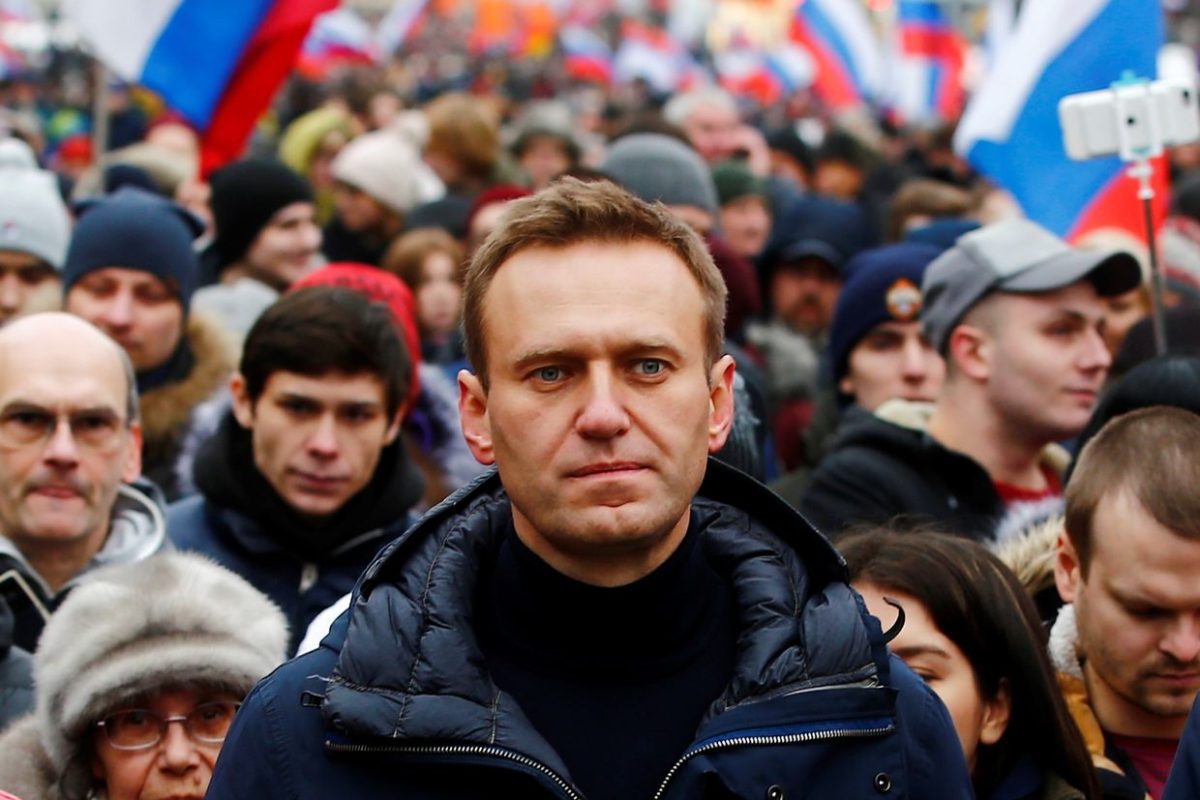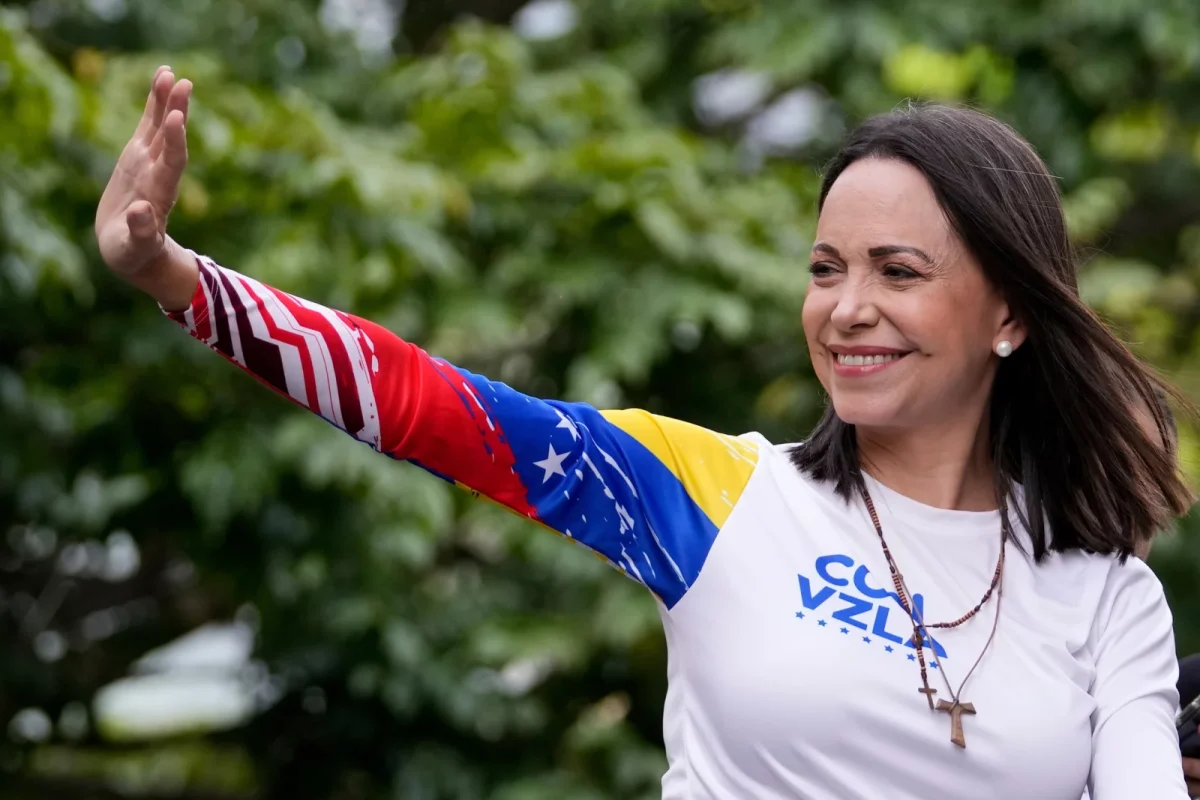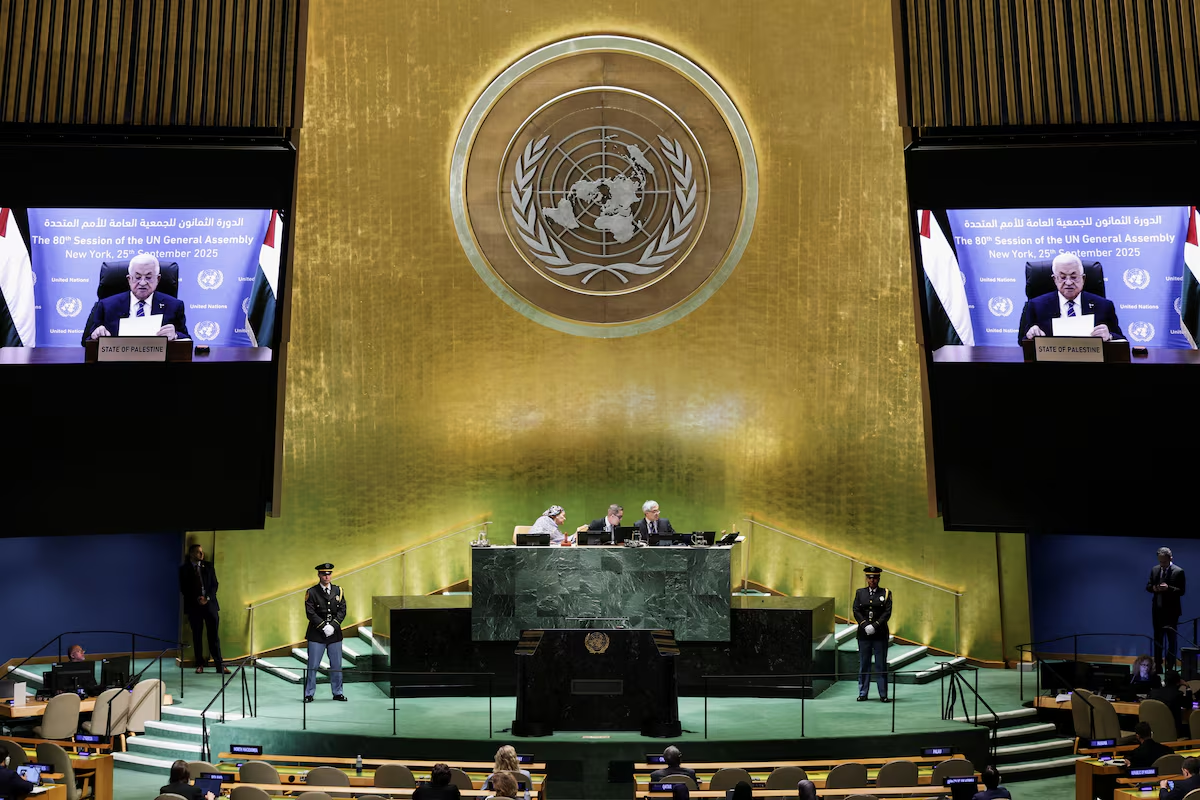On Feb. 16, Russian opposition leader Alexei Navalny died in prison at age forty-seven. With no cause of death given and Russia’s history of assassinating political rivals and dissidents, this has led many to speculate about who is responsible for Navalny’s death.
In some ways, speculation on Navalny’s death matters little. Even if his death was in no way the fault of the state, it would not change the reality of how Russia and its prisons treat its inmates, especially political dissidents. What does matter is looking back at who Navalny was, what his political opposition to Russian President Vladimir Putin represented and what his death means for the future of Russia and political dissent in the country.
Navalny’s political history is an interesting and complex situation. Many praise him for his focus on anti-corruption, which Navalny proponents feel is necessary in a country fraught with corruption.
Navalny’s anti-corruption stance and opposition to the Kremlin is possibly the most important aspect of his political history because that was the issue that brought Navalny most into conflict with Putin. The corruption charges and Navalny’s investigations of Putin and various state-owned corporations directly threatened Putin’s power.
There is good reason to look at Navalny’s other political beliefs to get a wider picture of what he advocated for and against. Navalny was part of a liberal political organization for a time, but he was later expelled from it.
Navalny was strict on immigration and held many negative views of immigrants to Russia, who he believed were bringing drugs into Russia. Navalny’s anti-immigration stance should not come as much of a surprise to some since he has a history with the nationalist and far-right politics in Russia.
According to Euronews Navalny also supported the invasion of Georgia, a country neighboring Russia that Russia invaded in 2008 after accusations of genocide of Russian speakers in Georgia were made by the government. A similar claim was made by Russia to justify the invasions of Ukraine in 2014 and 2022.
While Navalny has apologized for some of these views, including some of his negative comments against Georgians and his support for the invasion of Georgia, that might not be satisfying enough for some — especially the Georgians affected by the 2008 invasion.
Nationalist leaders are highly influential in Russia, with Putin himself being a strong nationalist. Within the context of Russia, it is not surprising that Putin’s greatest opposition would be from other nationalists.
At the same time, Navalny represented a spark of hope for change in Russia. Navalny helped some to believe that the current regime could be challenged and, because of this, his political power base grew to be more diverse than the bases of other nationalists.
Navalny held some political positions that are less talked about as well, such as his support for gay marriage. In 2017, Navalny criticized anti-gay laws that banned any teaching of LGBTQ+ people to children and, in 2013, he pledged to have a regional referendum on same-sex marriage in Moscow if he won the mayoral race.
Russia is a strongly homophobic country whose laws and beliefs around the LGBTQ+ community mirror that of the far right in America. Navalny being fairly pro-LGTBQ+ is a surprising and encouraging sign that there was someone in Russia looking out for this historically oppressed community.
Much of Navalny’s political history is morally murky and, while it is important to take the good with the bad, none of this should be used to justify the unethical treatment of him or any other political prisoners in Russia.
You can find more about Navalny’s history and his treatment by the government in The Associated Press and The Washington Post.









